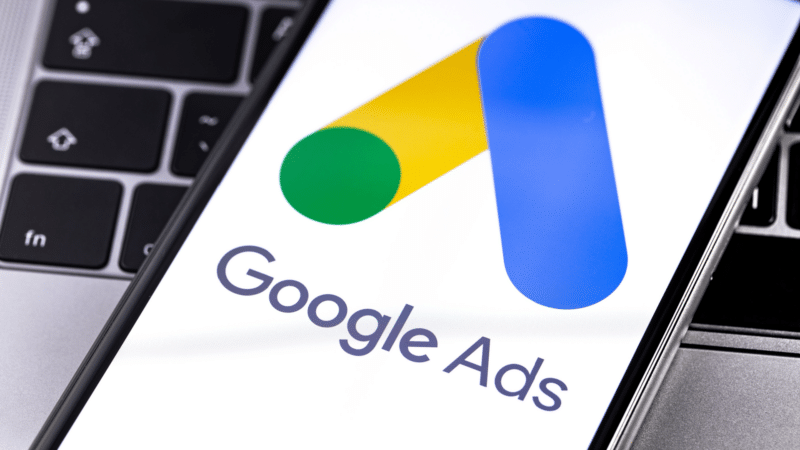
Google’s New Optimization Strategy: A Shift Toward Offline Conversions
In a notable announcement, Google has unveiled an important update concerning the optimization strategies for Smart and Performance Max (PMax) campaigns, which could significantly alter the approach for advertisers targeting local customers. Beginning June 17, 2025, Google Ads will pivot toward prioritizing high-intent users who are engaging with Google Search and Maps. This shift places a premium on conversion actions linked to physical store visits and sales rather than merely focusing on increasing the volume of conversions.
The most critical aspect of this update is the shift in optimization strategy from a volume-based model—where the quantity of conversions took precedence—to a quality-driven approach. This evolving strategy will facilitate the identification and engagement of users who truly intend to take actions within physical retail spaces. By optimizing ad spend to connect with these actionable users, advertisers may find a greater return on investment despite a possible dip in overall conversion numbers.
Advertisers should prepare for potential fluctuations in metrics as the transition period unfolds. It is advised to relax Smart Bidding targets and enlarge the geographic coverage of campaigns. Introducing diversified offline goals—such as call prompts and direction requests, beyond just store visits—will also contribute to a healthier campaign performance during this phase. While initial increases in cost per click (CPC) and cost per store visit can be expected, the conversions achieved are anticipated to provide more substantial, high-value results.
Furthermore, the focus on local platforms through aggressive targeting reinforces the need for a robust marketing strategy. Advertisers may want to refresh their ad creatives, innovate on search themes, and consider removing scheduling restrictions. This proactive strategy is pivotal as advertisers adapt to a more intent-driven marketplace.
In conjunction with these changes, the utility of URL shortening services cannot be overstated. These tools, such as custom domain shorteners and link management solutions, are essential for marketers aiming to maximize engagement. Utilizing short links can streamline user interactions, making it easier for high-intent users to engage with ads and conversions directly. Furthermore, a well-structured link management strategy can enhance tracking and analytics, providing deeper insights into campaign effectiveness during the adaptation to Google’s new strategies.
As the digital landscape continues to evolve, incorporating effective short link management tools—like BitIgniter and LinksGPT—can augment marketing efforts, ultimately driving higher offline conversion rates. Adapting to these changes not only reinforces the significance of high-quality user engagement but also elevates how advertisers connect with their audiences through meaningful interactions.
To summarize, Google’s emphasis on local intent as a primary driver for offline conversion value signifies a transformative shift for advertisers. Embracing these new optimization strategies while also leveraging tools like URL shorteners will be crucial for achieving successful outcomes in this evolving advertising environment.
Hashtags de l'industrie
#BitIgniter #LinksGPT #UrlExpander #UrlShortener #stratégiedemarketing #marketingnumérique
Envie d'en savoir plus : Lire la suite

